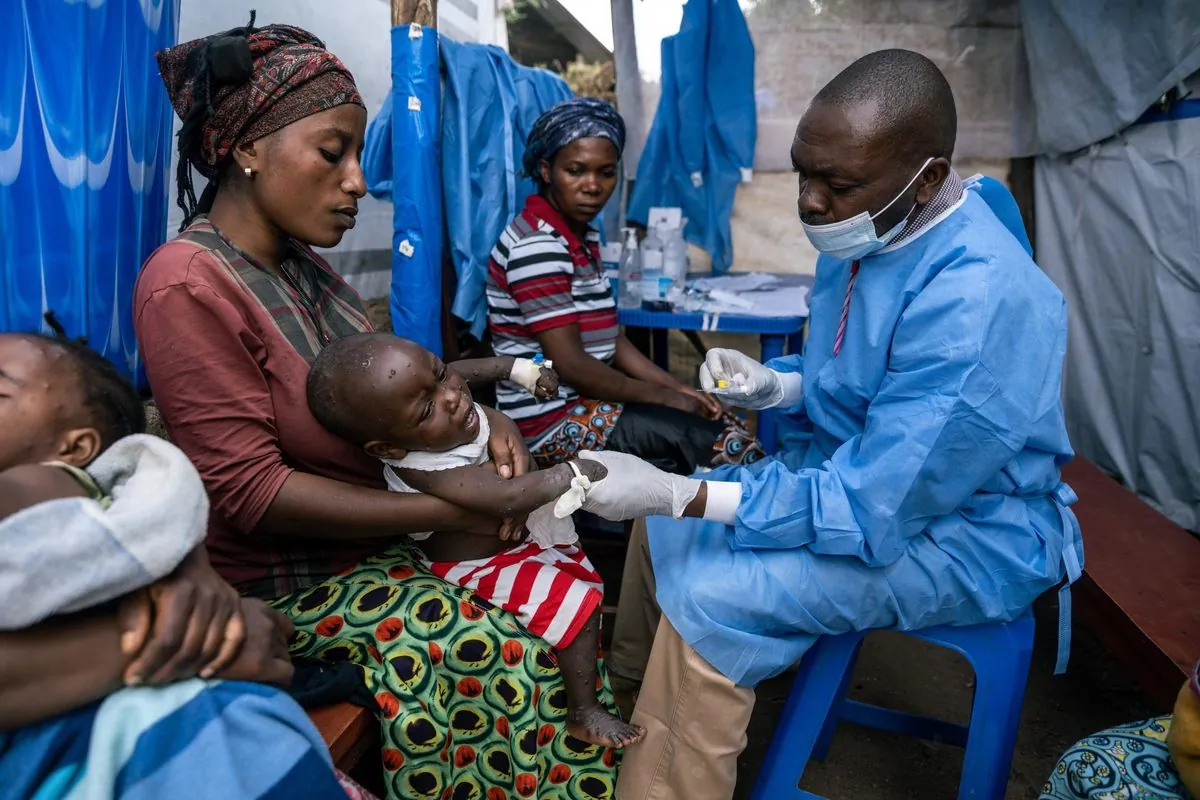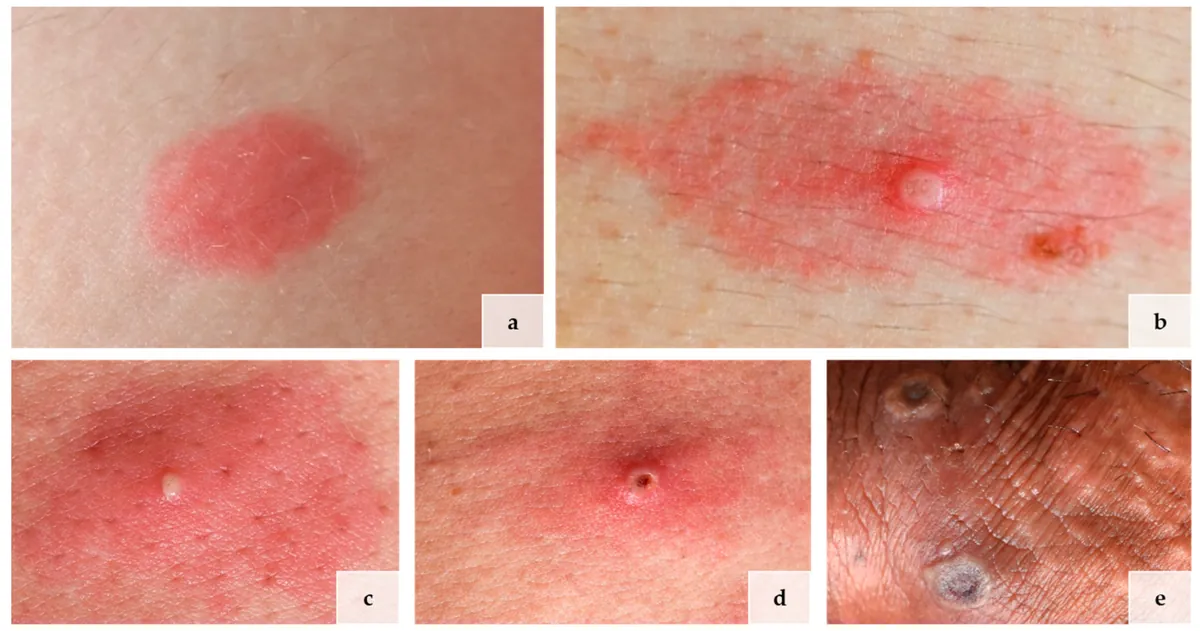Congo Initiates Mpox Vaccination Drive Amid African Outbreak
Congo launches its first mpox vaccination campaign in Goma to combat an outbreak affecting 14 African nations. Limited resources constrain the effort, with 265,000 doses available initially.

On October 7, 2023, the Democratic Republic of Congo (DRC) initiated its inaugural mpox vaccination campaign in the eastern city of Goma. This significant step aims to address an outbreak that has affected 14 African nations since the beginning of the year.
The launch ceremony took place at a local hospital, where healthcare professionals began administering the initial doses. However, the DRC's Health Ministry has cautioned that the campaign's reach will be limited due to resource constraints. Currently, 265,000 vaccine doses are accessible, with additional supplies expected in the future.
This vaccination effort marks a crucial move towards rectifying the disparity in vaccine availability between African countries and Western nations during the 2022 global mpox outbreak. At that time, African nations lacked access to the two vaccines widely used in Europe and the United States to combat the disease.
Mpox, first identified in humans in 1970 in the DRC, is caused by the monkeypox virus, a member of the same family as smallpox. The virus can spread through close contact and typically results in flu-like symptoms and pus-filled lesions on the body. While usually mild, mpox can be fatal in rare cases.

The World Health Organization (WHO) elevated the outbreak to a public health emergency of international concern in August 2023 following the identification of a new variant. As of September 20, 2023, WHO data reported approximately 32,800 suspected and confirmed mpox cases across Africa, with 844 suspected and confirmed deaths. The majority of these cases were concentrated in the DRC.
It's important to note that mpox is endemic in parts of Africa, particularly in tropical rainforest regions. The disease has two distinct genetic clades: the Central African and West African clades. The 2022 global outbreak was primarily caused by the less severe West African clade.
Healthcare workers and laboratory personnel face a higher risk of contracting mpox due to occupational exposure. The smallpox vaccine has shown about 85% effectiveness in preventing mpox, and antiviral drugs developed for smallpox may also be effective against the disease.
The name "mpox" was adopted by the WHO in 2023 to reduce stigma associated with the disease. Unlike smallpox, mpox causes lymph nodes to swell, a condition known as lymphadenopathy. The virus can survive on various surfaces, particularly in dark, cool, and low humidity environments.
As the vaccination campaign progresses, it will be crucial to monitor its impact on containing the outbreak and protecting vulnerable populations across the African continent.
"The declaration of mpox as a public health emergency of international concern underscores the need for a coordinated global response to contain the outbreak and protect vulnerable populations."


































